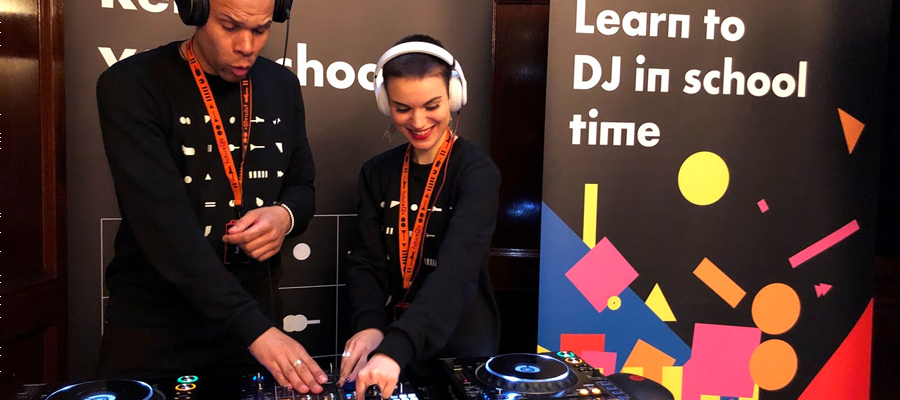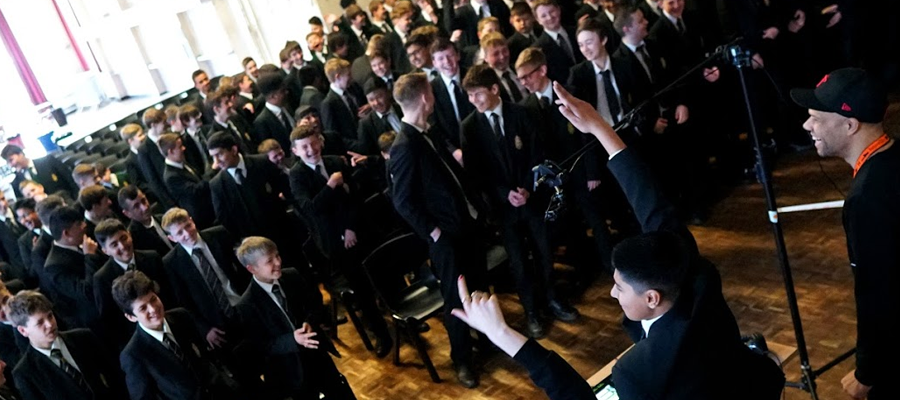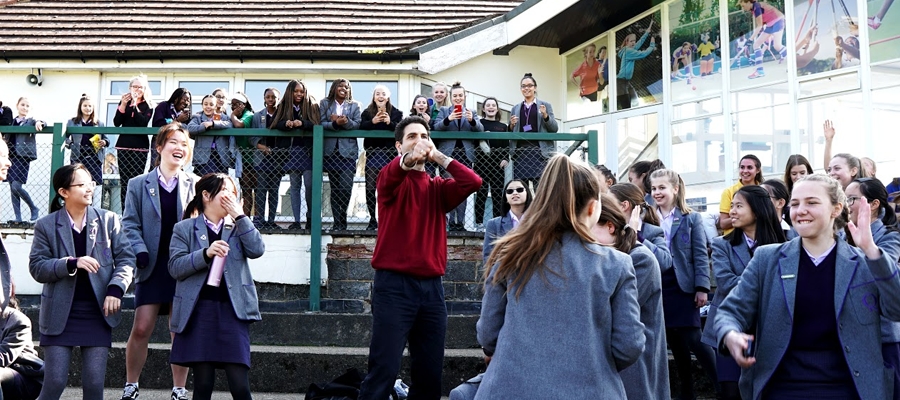Music is a living art form and new genres of music continue to develop. Using children's own cultural reference points, as many fantastic teachers do, can lead to the exploration of a whole world of music (from the past and present). Providing context in familiar territory is key. You could teach cadences and modulations through DJ decks before going straight in at Bach. Introduce your young producers to standard notation to help them compose their own music and help your grade 8 orchestral players improve their understanding of timbre and rhythm through Techno.
A hierarchical view of musical genres is not conducive to an inclusive curriculum. By learning to play in any genre on any instrument children will significantly improved their listening skills, communication and confidence, and develop their creative identities.
Aside from the argument of any music being ‘worthy’ to teach, is that making music is an increasingly democratised process and taking part in any kind of musical activity is good for our wellbeing.

Matt Griffiths, CEO of Youth Music, rightly says, “grade 8 and years of private lessons are not a prerequisite for success. All you need is a phone and internet connection and you can self-release on YouTube. And contrary to popular belief, it’s not all guns, swearing and misogyny.”
“The process of being creative lets people experiment, take risks, and get things wrong. All essential building blocks for resilience – the ability to bounce back from life’s setbacks. But the constant pressure of exams and attainment in schools leaves little time for creative exploration.”
With a broad cultural education students can expand their horizons, whatever their background. This is great preparation for any career path and certainly a selling point at the GCSE options evening.

With the new Ofsted framework, from September all schools will need to reflect more deeply on the ‘intent, implementation and impact’ of their creative education. The inclusion of DJ-ing on exam board syllabi is a new and exciting prospect with plenty of room to grow and expand your school’s music provision.
We’re not advocating replacing classical music. As Max Wheeler, who co-wrote ‘Grown a Grime Opera’, said, “for every grime project, a string ensemble doesn’t have to die”. You can bring together the best technology and contemporary practices to create an exciting 21st century music curriculum.
This may sound daunting if you’re from a predominantly classical background. Why work with something unfamiliar, and where you may not be the expert in the room? Because it is worth the effort. It creates a real buzz around the school and could help increase numbers opting for GCSE music. You’ll find budding young musicians in your school who wouldn’t otherwise see the music department as a place for them. It would be a shame for their music to stay at home and not be welcomed into the school community.
Every student who learns to DJ in or produce electronic music is a student with a new fascination for music — and potentially a new enthusiasm for studying music further.
Want to receive cutting-edge insights from leading educators each week? Sign up to our Community Update and be part of the action!


















